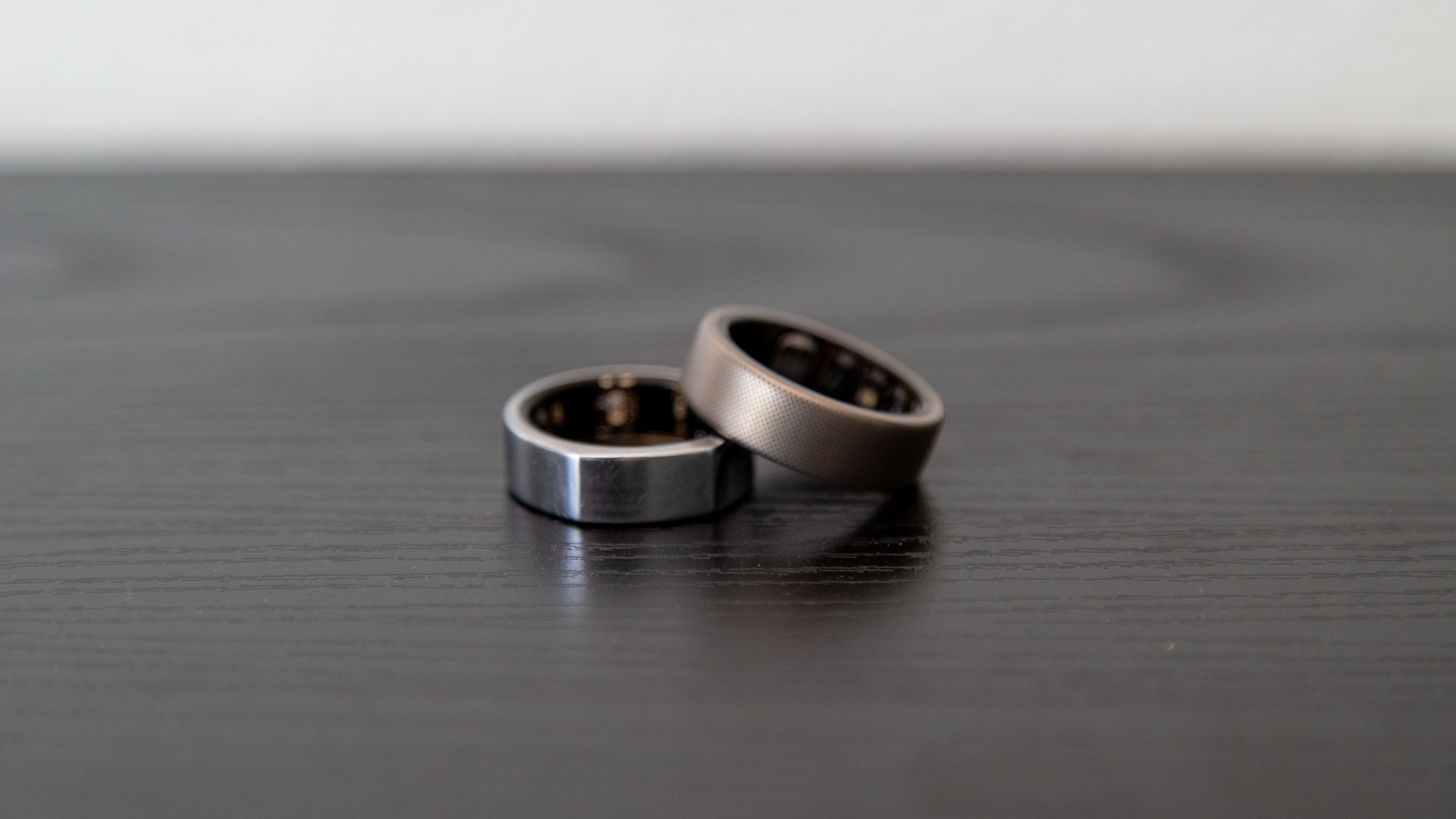What you need to know
- Ouraring Inc. filed lawsuits in the Eastern Texas U.S. District Court against Zepp Health, Reebok, and Noise on Monday for alleged patent infringement.
- Oura previously filed a lawsuit against Samsung in late October, announcing the suit publicly this week.
- Oura claims the Samsung Galaxy Ring, Amazfit Helio Ring, Reebok Smart Ring, and Luna Ring all use designs protected by its ‘178 “Wearable computing device” patent.
- Oura previously sued Ringconn, Circular, and Ultrahuman over this same patent, successfully compelling the first two to form “royalty-based patent licenses” for its IP.
Oura has sued four new smart ring rivals, including Samsung, for “unlawful importation and sale of products that infringe on several of Oura’s patents,” it announced in a blog post on Wednesday.
The lawsuits against Zepp Health, Reebok, and Nexxbase Marketing (aka Indian wearable brand Noise), rely on the same patents it successfully used in a U.S. International Trade Commission (ITC) case against Ultrahuman and Ringconn, demanding that they be removed from sale and banned from U.S. imports.
Oura sued Samsung last month in U.S. District Court, claiming that “after defending multiple unprovoked attacks on its patent portfolio,” it needed to “protect its patent rights.” It announced the lawsuit publicly this week.
Why Oura is suing Samsung
Oura has patented the concept of putting electronic components, such as a flexible printed circuit board, battery, and sensors, between the inner and outer layers of a ring. Unsurprisingly, every competing smart ring uses a similar configuration, as curved components allow a smart ring to remain slim.
“Innovation that moves the category forward is good for the industry and for consumers. At the same time, it’s essential to uphold standards of originality and respect for intellectual property,” says Oura.
Oura uses these ITC lawsuits to compel rivals to make licensing agreements for its IP, where they make “royalty payments” to Oura in exchange for continuing to sell their product in the United States.

So far, Circular, Ringconn, and OMATE have fallen in line, and Oura’s blog post says royalty-based patent licenses are the “clear path forward” for Samsung, Zepp, Reebok, and Noise to “bring compliant products to market.” Ultrahuman refused to pay for Oura’s licensing and is currently appealing an ITC cease-and-desist order against smart ring sales in the U.S.
Samsung countersued Oura last year, claiming that “Oura’s pattern of indiscriminate assertion of patent infringement against any and all competitors in the smart ring market” was an “actual, imminent risk to Samsung.” In other words, it sued Oura before Oura could sue Samsung.
In early 2025, a U.S. federal judge dismissed the lawsuit, ruling that Oura’s general statements about enforcing its patents “were not directed at Samsung” and “do not reveal a likelihood or intent to enforce Oura’s patents against Samsung.”
While Samsung had no legal proof of Oura’s intent at the time, the recent lawsuit certainly seems to validate their initial claim.
While smaller smart ring brands have been unable to challenge Oura’s patents, Samsung has previously stated that these patents are unreasonably broad, claiming ownership of “features common to virtually all smart rings, such as the inclusion of sensors, electronics, and batteries.” It may attempt to invalidate the patents, rather than pay Oura off.
As for Zepp Health, Reebok, and Noise, they may choose to follow the path of Circular and Ringconn, paying the licensing fee to avoid the threat of a sales ban.
